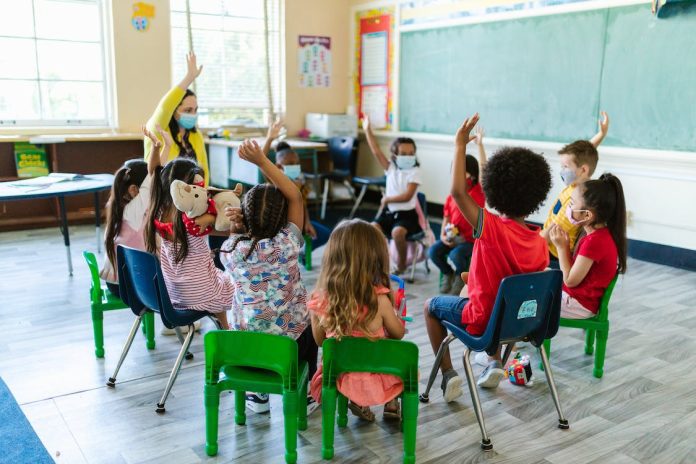Autistic Children need to be able to cooperate. It helps you get along with others and learn to enjoy life. Setting boundaries, providing effective direction, and offering choices can help children with autism to work together. Changing the environment may make it easier for children with autism to work together. Helping children with autism with social interaction and communication can encourage cooperation.
Cooperative Behavior Of Autistic Children
Why Collaboration Matters
Cooperative behavior helps children succeed in school, relationships, and extracurricular activities. It is also essential for a happy and harmonious life.
Collaboration involves several important skills such as sharing, taking turns, and following directions from others. Children need these skills to communicate and get along with others in most social situations.
Why Autistic Children And Adolescents Are Uncooperative
Most children have trouble cooperating at times. However, parents of autistic children and adolescents often find that their child’s reluctance to cooperate interferes with their daily lives. There are several reasons for uncooperative behavior.
Difficult Understand Instructions
Younger autistic children and children with speech limitations often have difficulty understanding instructions.
Too Many Instructions
Children with autism often take a little longer to process what they ask for and can become overwhelmed when asked to do too many things at once.
Instructions Are Too Difficult
Children may not have the appropriate skills to do what is asked of them. For example, if a child does not know how to button a shirt, they may struggle when asked to get dressed. Hmm.
Instructions Are Too Vague.
Children can have a hard time cooperating if it’s not clear what to do. For example, “Jack, watch your shoes on the couch.” It can also be difficult for children to think they have choices when in reality they don’t. For example, “Would you like to sleep with Susan?”
Difficulty In Social Interaction And Communication
Children with autism typically have difficulty with social Interaction And Communication. Therefore, they may be uncooperative because they have not learned behaviors appropriate to different social situations. May not be able to handle strong or difficult emotions such as anger, frustration, or fear. that.
Children with little or no language can easily become frustrated when they cannot verbally express their feelings. This applies to all children. Sensory problems
Children with autism are sometimes uncooperative when asked to do things they don’t like because of their sensory problems, such as going to noisy stores or eating foods with certain textures.
Stereotypes And Behavior
Children with autism can have rigid and rigid ideas and behaviors that can affect their ability to follow directions. They may also find it difficult to shift their attention from one thing to another. I can’t. Your child may seem uncooperative when they need help, just needing time to move on to new activities or follow new instructions.
Overcome Unpleasant Situation
Uncooperative behavior can help children escape situations they dislike or find anxious or stressful. When a child with autism doesn’t want to do something, such as put away toys or do chores, a tired or frustrated parent can help the child with autism rather than forcing the problem. I can understand why you would let me do it.


















